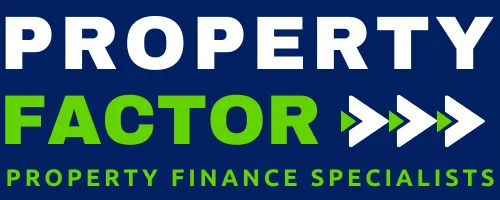What may appear as an opportunity could be a costly exercise if you don’t know the rules of the game. The price gain on purchasing properties which have been foreclosed on by the banks may come at an undisclosed cost. Before venturing into this lucrative market segment, properties in possession (PIP) and sale in execution (SIE), be aware of its restrictions and limitations.
Properties sold on auction on instruction by a creditor, often the bank, are termed “sales in execution”. The auction will attract many bidders, including someone representing the creditor, who bids for the property for and on behalf of the creditor, up to the loan amount outstanding. Where the creditor wins the bid, the property is repossessed. This stock in the creditors’ hands is known as “properties in possession”.
Should you purchase a property at a sale in execution auction, you will have to pay the auctioneer’s commission and a 10% deposit upfront. When you bid at an auction, you are making an unconditional and irrevocable offer on the property, which is not protected by the Consumer Protection Act. If your bid is the highest bid and there is no reserve price, you will be liable to take transfer of the property, as the sale agreement is not subject to any suspensive conditions. Hence, if you require mortgage bond finance, you must be sure that you qualify for such finance. Should you not be able to raise the required finance, you may forfeit your deposit and the auctioneer’s fees already paid.
Other additional costs of purchasing a property sold under a sale in execution, include transfer duty, transfer costs, bond registration costs (if applicable) and payment of all outstanding rates and taxes, which could amount to a 5 or 6 digit figure, if the debtor was already in financial difficulty.
Properties in possession are less risky. The bank has taken transfer of the property and because it is a VAT registered entity, you will not be liable for transfer duty. All arrear rates and taxes would have been paid for by the bank. You will only be liable for transfer costs and bond registration cost (if applicable).
The banks market properties in possession, not at the debt outstanding in their books, but at a market related value. Furthermore, these properties in the banks books are very costly to maintain. Hence, the banks are open to offers, but be aware that because of their internal rules and regulations, your offer may take a while to be accepted or negotiated. Offers must be made on the bank’s official offer to purchase, but this document is a negotiable instrument, so don’t be afraid to amend or even delete certain clauses.
Where possible arrange a viewing before purchasing properties in these categories, so that you can establish the condition of the property. More importantly, you need to determine whether the property is vacant or not. Properties in possession or sold in execution come with no guarantees of vacant occupation and you don’t want to be saddled with eviction costs and long legal processes.
While both these categories of properties offer a brilliant opportunity for you to purchase properties below their existing market value, you need to be aware of their limitations. They are often derelict, neglected and even vandalized. They are sold “voetstoets” and you may have to spend a substantial amount of money to bring them to a livable and marketable condition.

